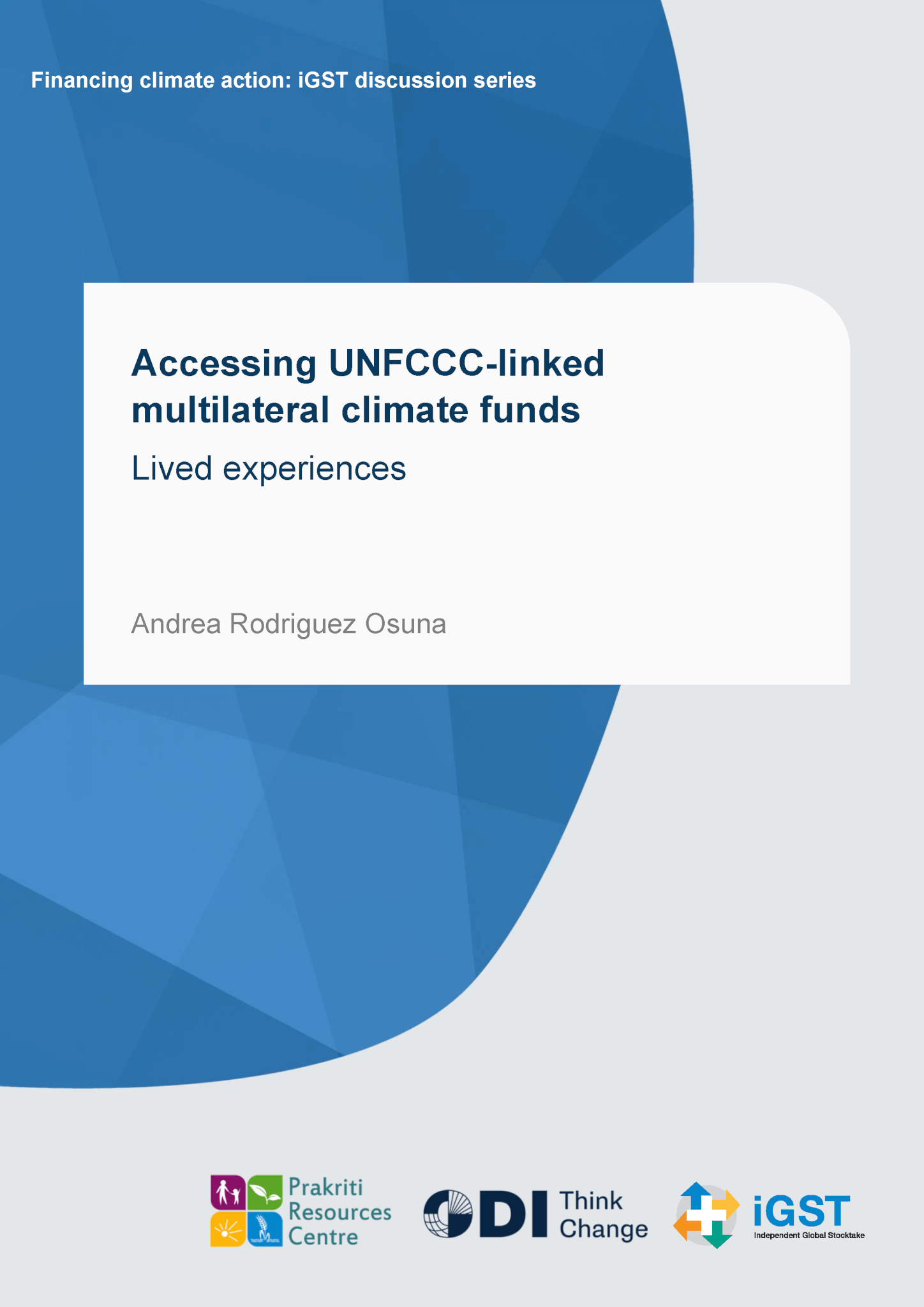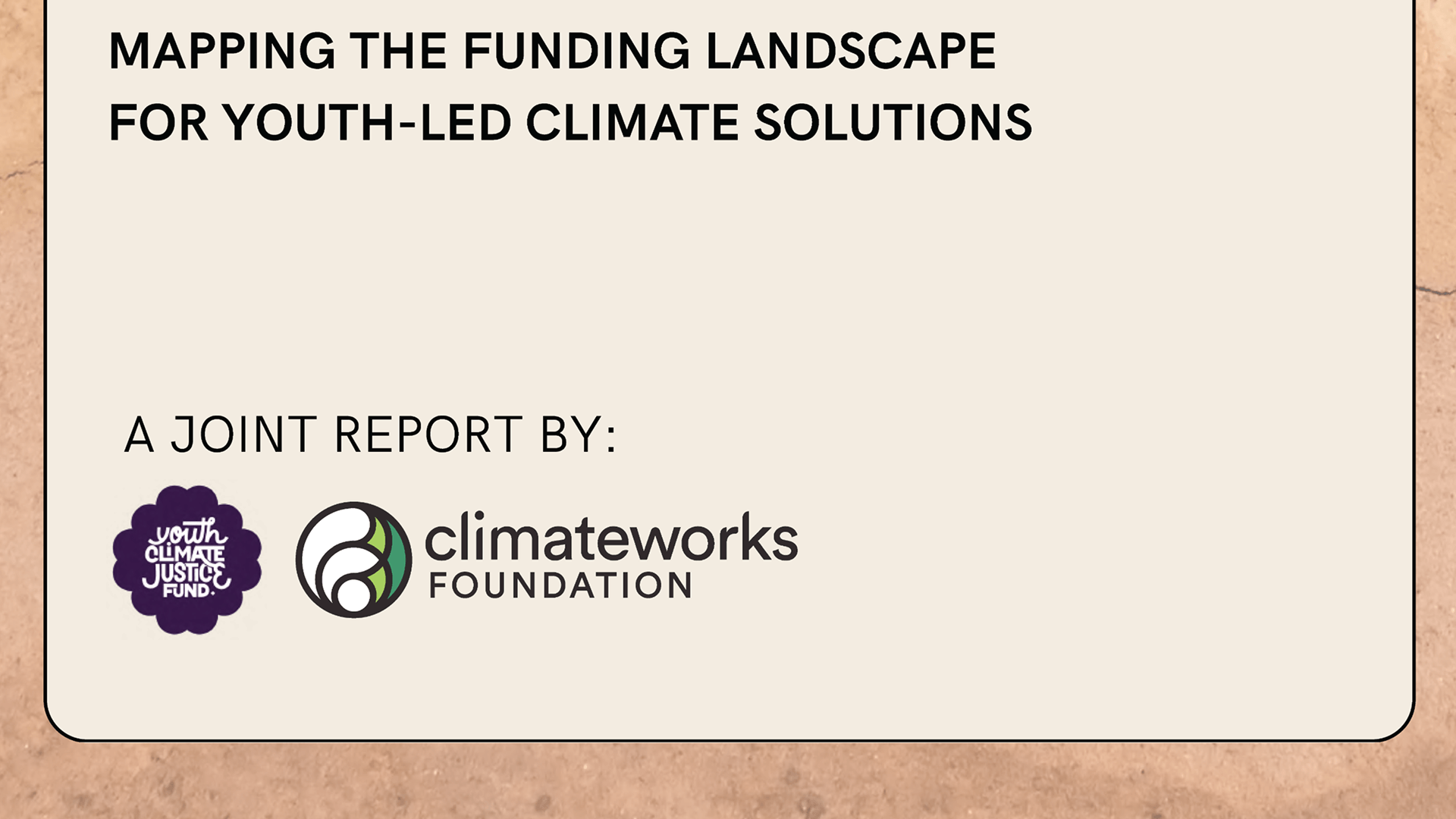Using the right mix of financial instruments to provide and mobilize climate finance: lessons for the GST
Using the right mix of financial instruments to provide and mobilize climate finance: lessons for the GST
This report seeks to answer these questions by exploring the extent to which the main instruments used to deliver climate finance – debt, equity investments, grants, guarantees and insurance – can be grounded in principles of equity and climate justice. It considers instruments for financing mitigation and adaptation, as well as addressing climate-induced loss and damage. Given the current ambiguity about how equity will be addressed in finance themes of the Global Stocktake (GST) – the mechanism that tracks the progress of the Paris Agreement – the findings of this report can help to inform the principles and benchmarks used in the GST.
Read this report from the Finance Working Group of the independent Global Stocktake (iGST) consortium for more behind these key insights:
- Finance providers must utilize the complementary strengths of different instruments across varied contexts. This is particularly important for many climate-vulnerable developing countries where debt vulnerabilities are high and fiscal space is limited.
- It is not only the type of instrument that is important for equity but the modality through which it is designed and delivered.
- There is a tension between using public investment to scale-up private finance and to transfer highly concessional resources from developed to developing countries.

